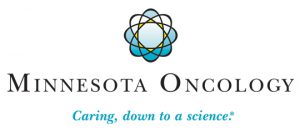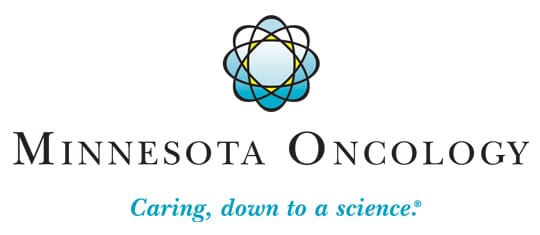
Minnesota Oncology, a member of The US Oncology Network, has been participating in pay for performance programs over the past five years and are in the process of becoming certified as an oncology medical home. This large, innovative practice wanted to ensure they were ready for the future of cancer care and recognized that a technology-based solution would be necessary to help them do that.
In July of 2018, Minnesota went live on the Navigating Cancer Patient Relationship Management platform and immediately began providing faster assistance to patients experiencing treatment-related symptoms and leveraging the platform to identify areas for improvement and standardize the care they provide across their 12 locations.
I recently checked in with Rhonda Henschel – the Director of Managed Care and Quality and one of the key leaders in evaluating and implementing the Navigating Cancer software – to see how things are going.
Stephanie Ginger: Have you notice an overall impact since implementing the software?
Rhonda Henschel: The Care Management module has facilitated Minnesota Oncology in redesigning its care delivery model. Patients experiencing unmanaged symptoms are immediately connected with a nurse, whereas they previously would have received a call back. The symptom management pathways have also helped to identify more patients who need same-day assessment by a provider.SG: How have you leveraged the data the platform captures?
RH: Data has helped us monitor utilization of the system to ensure standardization and continued staff engagement.SG: Any lessons learned you can share?
RH: Don’t expect a different outcome if you keep doing the same thing. Engage your key stakeholders in the implementation and planning activities. The collaboration and transparency will slow down the process, but it will pay off in the end.
Minnesota Oncology’s triage nurses are making a significant impact, resolving symptom-related issues much faster and they are preventing unnecessary hospitalizations through phone triage and same day appointments. In January they brought in 28 patients for same day appointments and reported that 79 symptom-related incidents would have definitely resulted in ER or urgent care visit and another 114 incidents would have likely ended up in the ER as well.
This dedicated practice is always looking for ways to deliver better patient care, maximize resource utilization and enable the care team to work at the top of their licenses and we’re proud to partner with them.
If you’d like to learn more about Minnesota Oncology and other practices who are succeeding in the shift to value-based care, contact us today.
